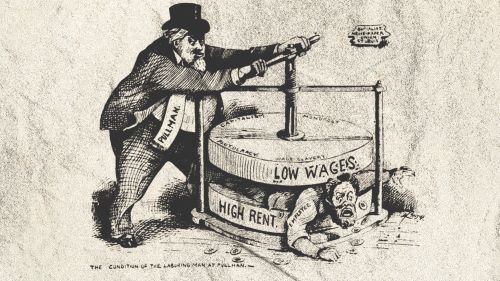

In today’s economic climate, it’s more important than ever to ensure our financial well-being. For many, this means seeking a pay increase at work. But, how can you maximize your chances of successfully getting that raise? While a list of accomplishments paints a clear picture of your commitment and contribution to your organization, the most influential evidence of your worth comes from quantifying your achievements with hard numbers. This is just the tip of the iceberg. Let’s delve deeper into how you can position yourself as an indispensable asset, worthy of a salary bump. Additionally, as you make these moves towards financial stability, managing your debt effectively can significantly alleviate the pressures that might come with these conversations.
Manage Your Debt
Before delving further into the intricacies of asking for a raise, let’s touch on the importance of managing debt. Proper debt management not only provides peace of mind but can also enhance your confidence when negotiating a raise. Being in control of your financial situation provides a solid foundation, making discussions about pay increases less about desperation and more about deserved compensation for your value. There are numerous tools and resources available to help with credit card debt. By utilizing these, you place yourself in a stronger negotiating position, showcasing your financial acumen and responsibility.
The Power of Quantifying Your Accomplishments
A list of tasks or projects completed may show dedication and commitment. However, attaching numbers and data to your accomplishments showcases your impact on the business. For instance, instead of simply saying, “I managed a marketing campaign,” you could say, “I managed a marketing campaign that resulted in a 20% increase in website traffic and a 15% growth in product sales.” This not only indicates that you took responsibility but also highlights the tangible benefits you brought to the company.
The Importance of Timing
Recognizing the right time to ask for a raise is crucial. If your company is going through financial difficulties, or if it’s a period of cost-cutting, it might not be the best time to approach your manager for a raise. On the other hand, if you’ve recently completed a significant project, received commendations, or noticed positive financial news about your company, this could be an opportune moment. It’s also worth considering the company’s review cycles – often, annual or bi-annual reviews might be the best times to discuss salary adjustments.
The Art of Professionalism
As you muster the courage to ask for a raise, how you present your case and handle the outcome, whether favorable or not, is a testament to your professionalism. Here’s how to ensure you maintain decorum:
- Preparation: Come prepared with a well-researched list of your accomplishments, especially those you can quantify. Additionally, it might be beneficial to understand industry salary standards for your role. Websites like Glassdoor or PayScale can provide insight into what professionals with similar experience and roles are earning in your area.
- Practice: Rehearsing the conversation can make you feel more confident. Consider practicing with a friend or family member to refine your pitch and handle potential questions or objections.
- Accepting the Outcome: If your request is accepted, express gratitude. If it’s declined, instead of showing disappointment or frustration, ask for feedback. Inquire about the areas you can improve upon or the milestones you need to reach to reconsider the discussion in the future. This approach not only exhibits maturity but also shows your eagerness to grow and contribute more effectively.
In conclusion, asking for a raise is a blend of showcasing your worth, understanding the perfect timing, and approaching the conversation with utmost professionalism. While numbers do speak volumes, your attitude and the manner in which you handle the process can significantly influence the outcome. Remember, it’s not just about getting what you think you deserve; it’s about demonstrating the undeniable value you bring to the table.


